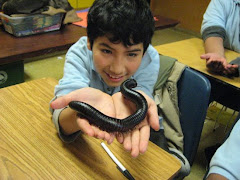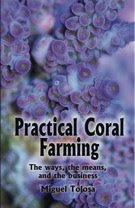
Here at the Lab we have been having some unusual occurrences with our Eastern Lubber Grasshoppers Romalea guttata. For those of you who are new or did not know, we breed our Eastern Lubber Grasshoppers right here at the lab. To give you a point of reference here is the basic life cycle of a lubber:
The common life cycle of a Lubber (even in captivity) is an emergence of nymphs as early as February to March. These black nymphs go through five molts (each stage is called an instar) and each instar stage lasts about 15-20 days. After their last instar stage the juveniles are adults and that is when the lubbers get their colorful exoskeleton and beautiful patterning. Adults will live another few months and females will lay up to three egg masses in the soil and by the next spring their life cycle begins again.
Our strange happenings began in December when an unusually early emergence of juvenile lubbers were born (and we still have more baby lubbers emerging!)
Then we have noticed three of our lubbers have white eyes! We are not totally sure why, but most likely it is similar to Drosophila melanogaster's white eye mutation. These lubbers are also white when they molt after each juvenile instar stage (usually they are red). We are anxious to see what they will look like as adults, but mostly I just wanted to share with the world that we have some cool WHITE EYED LUBBERS!








